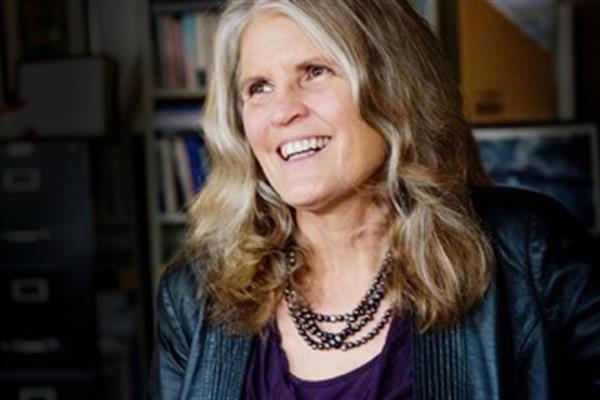
Why did historical anti-poverty programs in Britain, Denmark and France differed so dramatically in their goals, beneficiaries and agents for solving poverty? Different cultural views of poverty contributed to how policymakers envisioned anti-poverty reforms. Danish elites articulated social investments in peasants as necessary to economic growth, political stability and societal strength. Britain elites viewed the lower classes as a challenge to these goals. French perceived the poor as an opportunity for Christian charity.
Fiction writers are overlooked political actors in welfare reforms of the long nineteenth century. At the level of individual agency, writers are important activists in struggles over social policy reforms. They use their narratives to ascribe meaning to social problems; they help create ideologies for their social movements; they mobilize support among broader publics with their heart-wrenching novels; and they help to put neglected issues on the popular agenda.
Writers may well be even more important at the structure level by collectively creating a set of enduring cultural tropes that extend across issue areas and time. I refer to these enduring tropes as a country’s “cultural constraint,” or the symbols and narratives that appear in the national-level aggregation of literature. Fiction writers inherit symbols and narratives from their literary ancestors, rework these to address the political problems of their times, and pass these on to future generations. In this way, narratives become a cultural anchoring for deliberations over social issues. To assess cross-national variations in cultural depictions of poverty, my coauthors and I use historical case studies and quantitative textual analyses of 562 British, 521 Danish and 498 French fictional works from 1700 to 1920.
While fiction writers (and essayists) today are less influential in shaping perceptions of social problems than they were in the long nineteenth century (before the rise of non-print media), cultural frames continue to anchor policy deliberations over poverty and other social issues.
About Cathie Jo Martin
Cathie Jo Martin is professor of Political Science at Boston University and associated researcher at the Danish Center for Welfare Studies, University of Southern Denmark. Her book, Education for All? (Cambridge University Press 2023), investigates how British and Danish authors contribute to the deep cultural roots of education reform.
Her previous book with Duane Swank, The Political Construction of Business Interests (Cambridge 2012) received the APSA Politics and History book award. In 2013-2014, she co-chaired with Jane Mansbridge an APSA presidential task force on political negotiation, which produced Negotiating Agreement in Politics (Brookings 2015). Martin is also author of Stuck in Neutral: Business and the Politics of Human Capital Investment Policy (Princeton 2000), Shifting the Burden: the Struggle over Growth and Corporate Taxation (Chicago 1991), and articles in the American Political Science Review, World Politics, British Journal of Political Science, Comparative Political Studies, European Journal of Sociology and Socio-Economic Review among others.
Martin has received fellowships and grants from the Radcliffe Institute for Advanced Study, Russell Sage Foundation, National Endowment for the Humanities, German Marshall Fund, Robert Wood Johnson Foundation, Danish Social Science Research Council, Boston University Hariri Institute for Computing, BU Humanities Foundation and National Science Foundation. She received her Ph.D. from the Massachusetts Institute of Technology in 1987 and an honorary doctorate from the University of Southern Denmark in October 2019.
- Arrangør: DIAS
- Adresse: Fioniavej 34, 5230 Odense M
- Kontakt Email: majul@sdu.dk
- Tilføj til din kalender: https://eom.sdu.dk:443/events/ical/1c663506-0ce9-43b0-99b8-987bdbd7e9e9